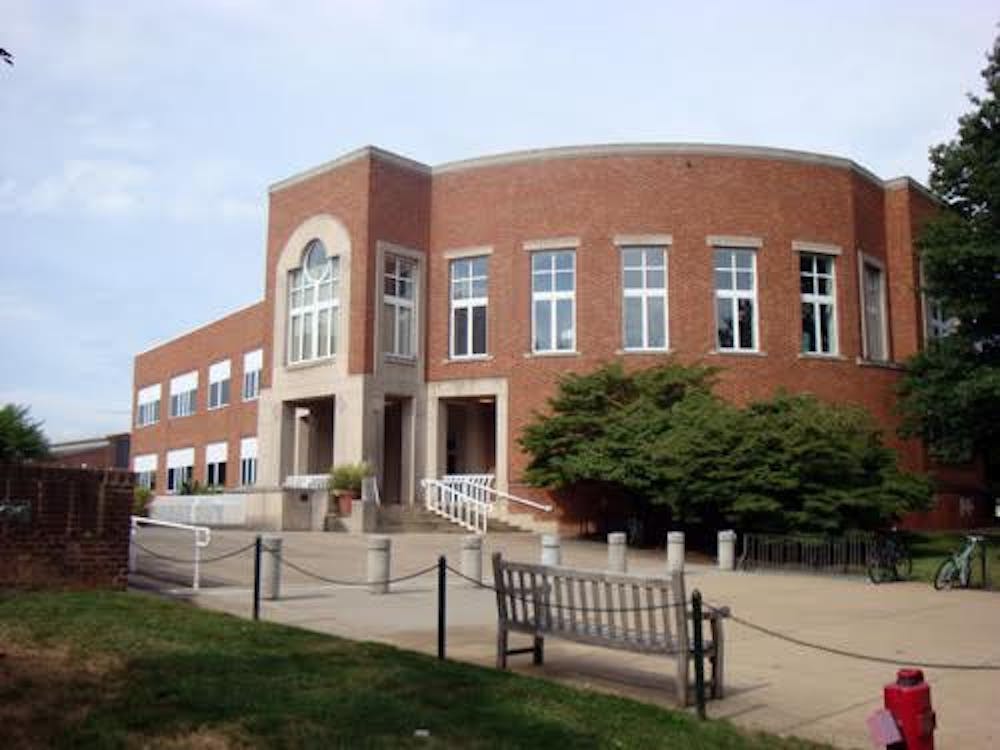Over the past several years, the biology department has experienced a variety of changes, including the arrival of new faculty and construction of a building to house the expanding faculty group and to facilitate research.
This fall, three new faculty members join the department, specializing in concentrations such as evolutionary and developmental biology and neuroscience. These employments embody efforts aimed at enhancing underdeveloped sections in the department.
“The department enjoys strengths in the biological sub-disciplines of neuroscience and ecology and evolution,” Assoc. Biology Prof. Ignacio Provencio said. “These areas have been further strengthened by the hiring of junior faculty who have proven to be on steep, upward trajectories in their teaching and research missions.”
As the faculty body continues to expand, additional members bring advanced ways of thinking about science, as well as courses on more contemporary topics for students.
“When new faculty come we get new courses, and those new courses tend to offer sort of the more modern end of biology,” Prof. and Chair of Biology Laura Galloway said. “So now we're thinking about things like stem cells and bioinformatics in the courses that we offer that weren't available before that, and that's possible because we have a new set of faculty.”
Also joining the department will be two “senior and internationally renowned professors” — Jianhua Cang, Paul T. Jones Jefferson Scholars Foundation Professor of Neuroscience, and Dave Parichy, Pratt-Ivy Foundation Distinguished Professor of Morphogenesis — Provencio said.
“Jianhua Cang and Dave Parichy will enhance the scholarship of our department immediately, as our junior faculty rise through the ranks and make their own major academic contributions,” Provencio said.
Another significant addition to the department within the past decade includes the building of the Physical Life Sciences Building, which finished construction about six years ago. The building’s open lab format, in which many labs share a single space, offered new opportunities for interaction between biology students and faculty. This differs from buildings like Gilmer Hall, where areas are sequestered to specific faculty members and their students.
“In PLSB, space is much more fluid among faculty,” Galloway said. “While there is specific space assigned, equipment is shared — many, many things are shared.”
An exciting new development for the biology department going forward is the revamping or “re-skinning” of Gilmer Hall, which is scheduled to be done by 2021, Galloway said. Since the open lab format of the PLSB proved successful, the renovated building will include many aspects of the PLSB architecture.
One of the most overt modifications to Gilmer will be the use of glass walls on the building’s exterior and between office areas and laboratories. This will allow for more light to reach throughout the building, as well as permit passersby to see into the space while people are working.
“[The renovation] brings the possibility of people working together and the same sort of being able to see into labs,” Galloway said. “So that's what we are really excited about.”
This type of collaborative space, where many people are able to participate jointly on lab projects, reflects current changes in the scientific community at large. A key example of this trend towards a community-based approach to science includes the sharing of techniques.
“With new genomic techniques, those are used by developmental biologists, they're used by evolutionary biologists, they're used by all sorts of biologists,” Galloway said. “So there is much more commonality in how biologists look at the world and ask their research questions than there used to be.”
The department intends to continue on this path of advancement, according to Provencio.
“The next decade promises to be one where the prominence of the department is further enhanced, as the enterprise of discovery continues full-steam ahead,” Provencio said.







